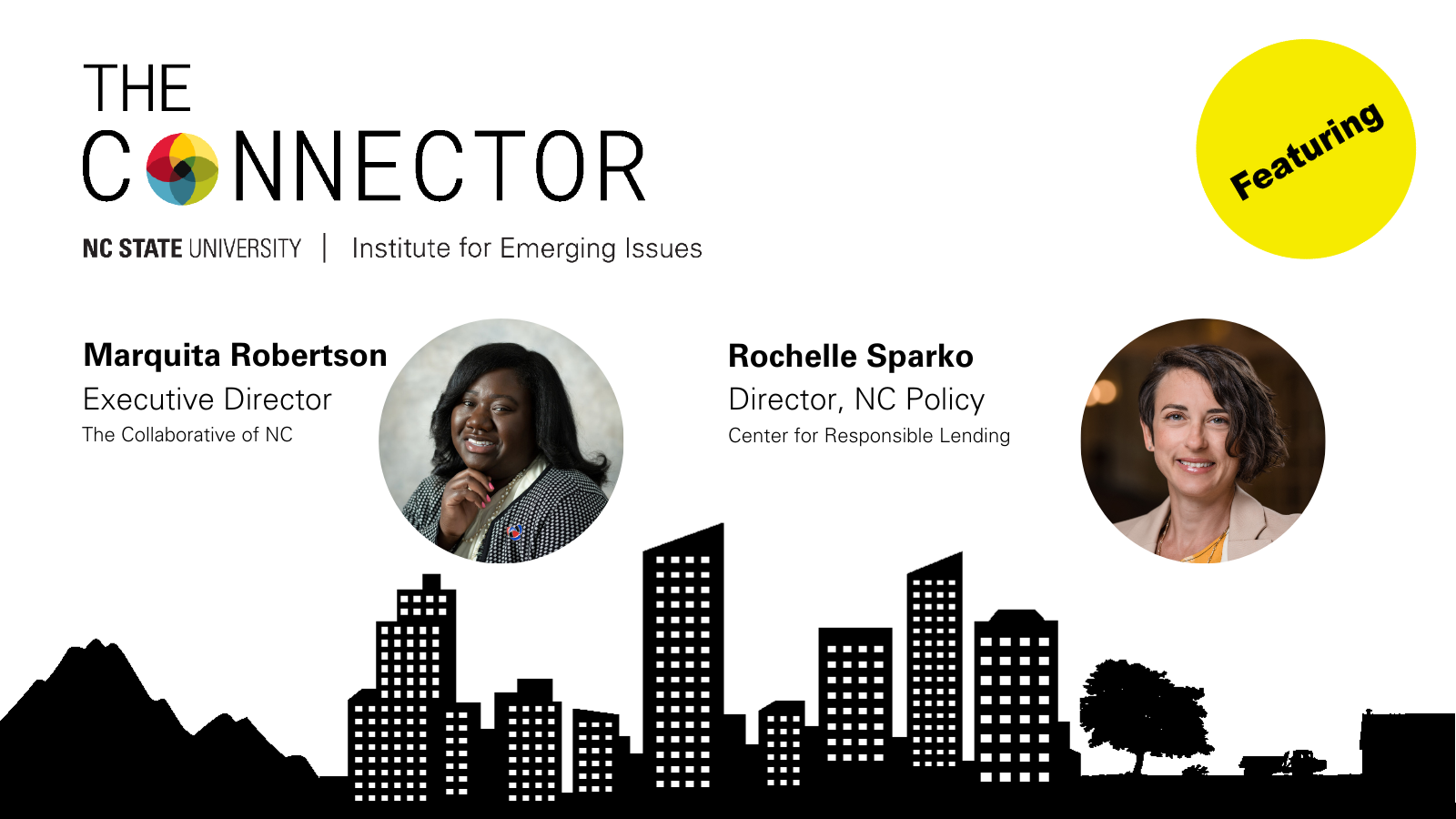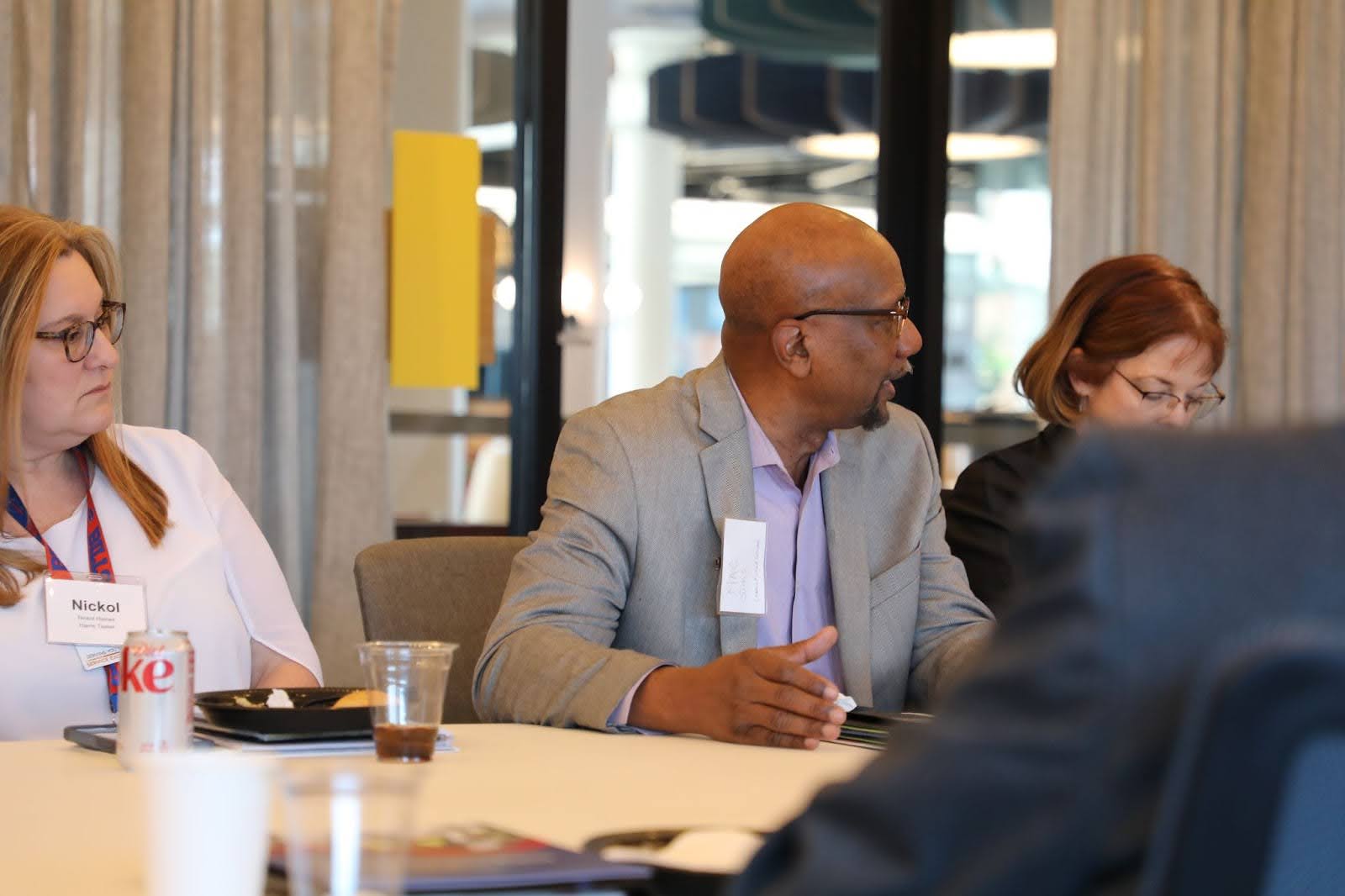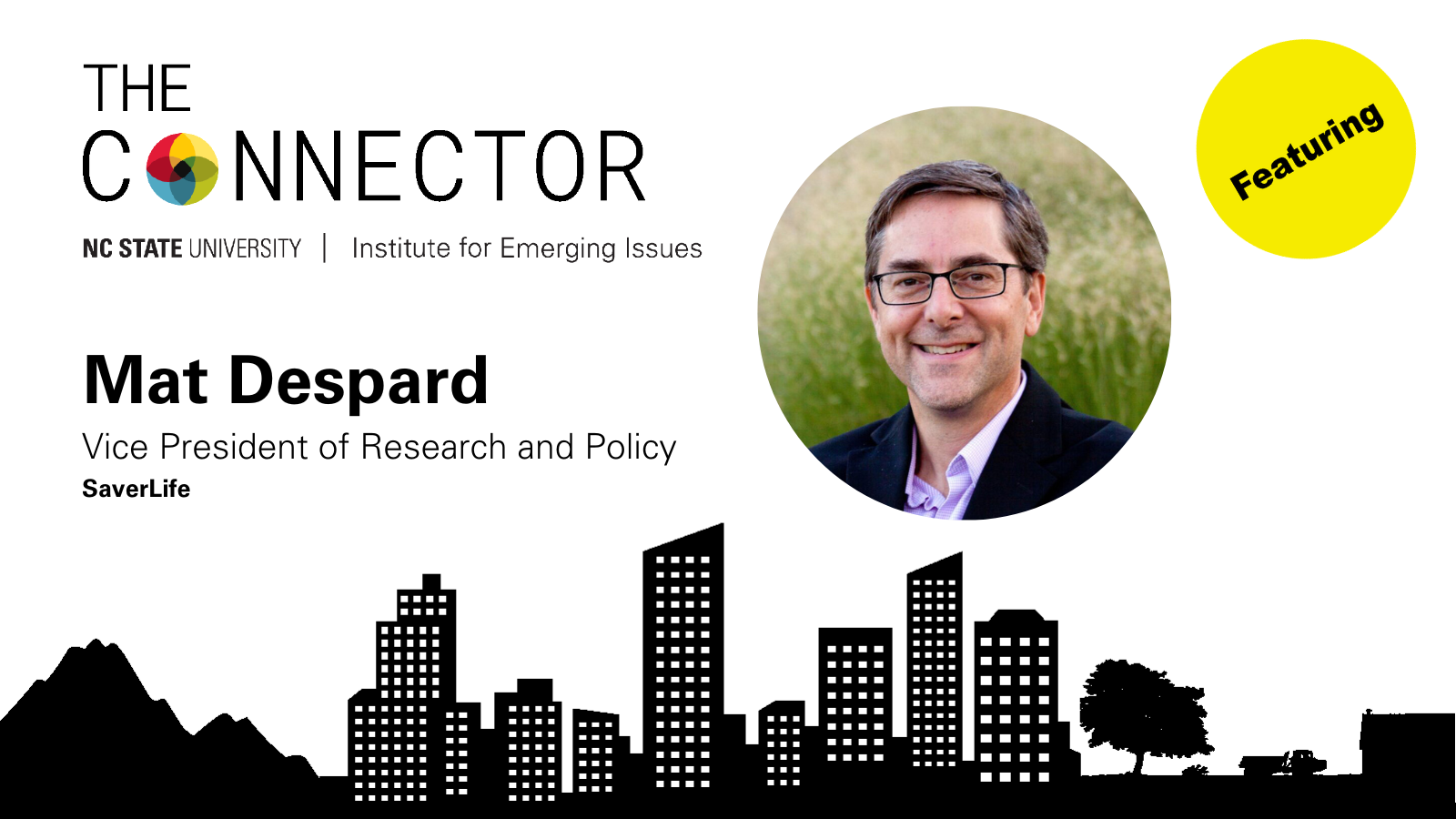Director’s Log | July 2021

Faster, Higher, Stronger Public Policy — Together:
Three Olympic Lessons on Public Policy
It’s midway through the Olympics and already I am dehydrated and sleep-deprived. It happens every four years or so.
The dehydration is from tears. Regardless of what I try, they gush every time an athlete collapses from exhaustion, a team comes from behind, anytime I hear the trumpets sound and during most of the Olympic commercials.
The sleep deprivation comes from my long-time unresolved Olympic addiction. It started in the summer of 1968, my first Olympics with a fully appreciative brain.
Every night that summer I would watch as some new superhero did something superhuman—Al Oerter flung a discus, whatever that was; high jumper Dick Fosbury flopped over bars and gymnast Vera Caslvska flipped over beams; swimmer Debbie Meyer floated across the water; long jumper Bob Beamon floated through the air; Bill Toomey did—everything.
And then every next day my buddy Erwin Jones and I would go out and try to recreate whatever it was that we had seen the night before—racing and jumping and flipping and crashing and burning.¹
Since that magical summer, so much has changed. The Olympics has gotten bigger, more expensive, more political, more professional. There are all sorts of reasons people find to hate the Olympics: the commercialism; the jingoism; the distraction from Season 2 of Ted Lasso. I still love them. And so, apparently, do at least the 4.9 billion other people who tune in.
I’ve been convincing myself this past week that my time investment is worth it because there is so much to learn about life and the world from the Games. Here are three quick public policy lessons from the Olympics that might help us figure out how to move forward as a state and nation in these fraught times:
The Olympics—and public policy—remind us of the combined power of data and anecdote, art and science. During the Olympics we become fascinated with fractions of a second and tenths of a point—the margins that separate gold from silver and bronze from obscurity. We wonder if the new swimsuit gave the backstroker a 2/100 of a second edge. But we also remember the inspiring stories of the people involved—of triumph over cancer or loss; mind over matter; victory from defeat.
Changes in public policy almost always come about in a goulash of data and stories as well. No matter how powerful the data, big change rarely happens unless there is a face illustrating what the data means. We are amazed by the score on the triple twisting double somersault or the record time on the clock, but if we know the story of the parent or the coach that inspired it, we care.
The Olympics show us the value of being part of a larger tribe. For the 16 days of Olympic summer games, people across the world care more than ever about their countries. Just for a moment we come up with an excuse to put aside politics and feel a unifying pride as the Banner waves and the song plays. Of course I cheer loud and hard for any athlete associated with North Carolina, and louder and harder for anyone associated with NC State (a lot of those too!), but mostly I cheer for Team USA. The Olympics reminds us of what we share. We are part of something bigger.
Public policy works better when it finds a way to unite, not divide, to appeal to shared ideals and goals and commits us to make sure we are all in this together. Yes we are individuals, but we are also neighbors, town and county residents, North Carolinians, Americans.
The Olympics offer us the chance to get beyond tribe. For all the USA pride I feel, every Olympics I find a hero from a distinctly different background to amaze me. My first Olympics I wasn’t old enough to understand the ramifications of what Tommie Smith and John Carlos were doing, but I did get the story of John Stephen Akhwari, who limped across the tape on a shattered leg more than an hour after the winner in the marathon (when asked why, he said, “My parents taught me to finish what I started.”) and Vera Caslavska, the gymnast from Czechoslovakia, who stared down the Soviets (who were invading her country at the moment) when they jobbed her out of a gold medal even I could tell she deserved.
From the opening ceremonies to the heat of the competition to the transfer of the flame, the message of the Olympics is that we are all living on the same rock. And just in case we didn’t get it, the Olympic Committee officially changed the Games motto this year, for the first time since 1894. Olympic President Thomas Bach announced the revision just two days before the games started: “Faster, Higher, Stronger—Together.” That last word is the new addition, an overt reminder, if we ever needed one after the past 17 months, of how interdependent we are as a planet.
¹ It was still possible in those days to imagine one day we could do what the athletes did, and turns out Erwin could. He grew up to be a legit world class 7 foot high jumper; I was more of a 7 foot long jumper.
- Categories:


